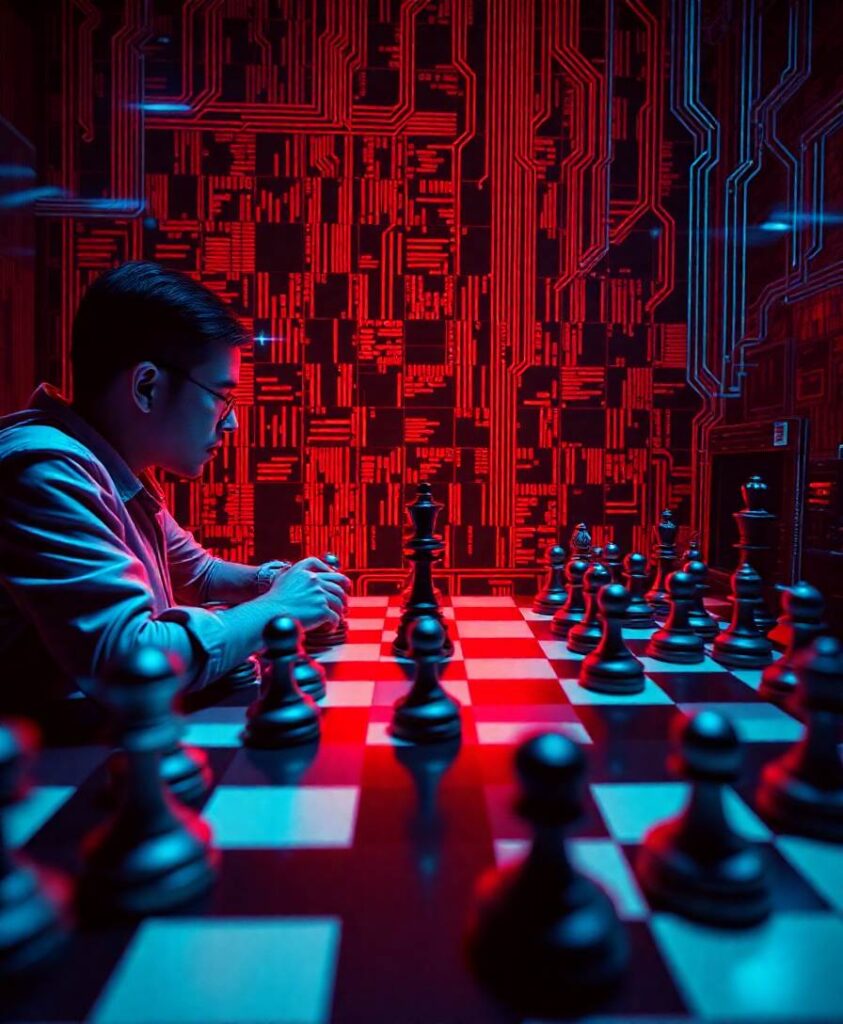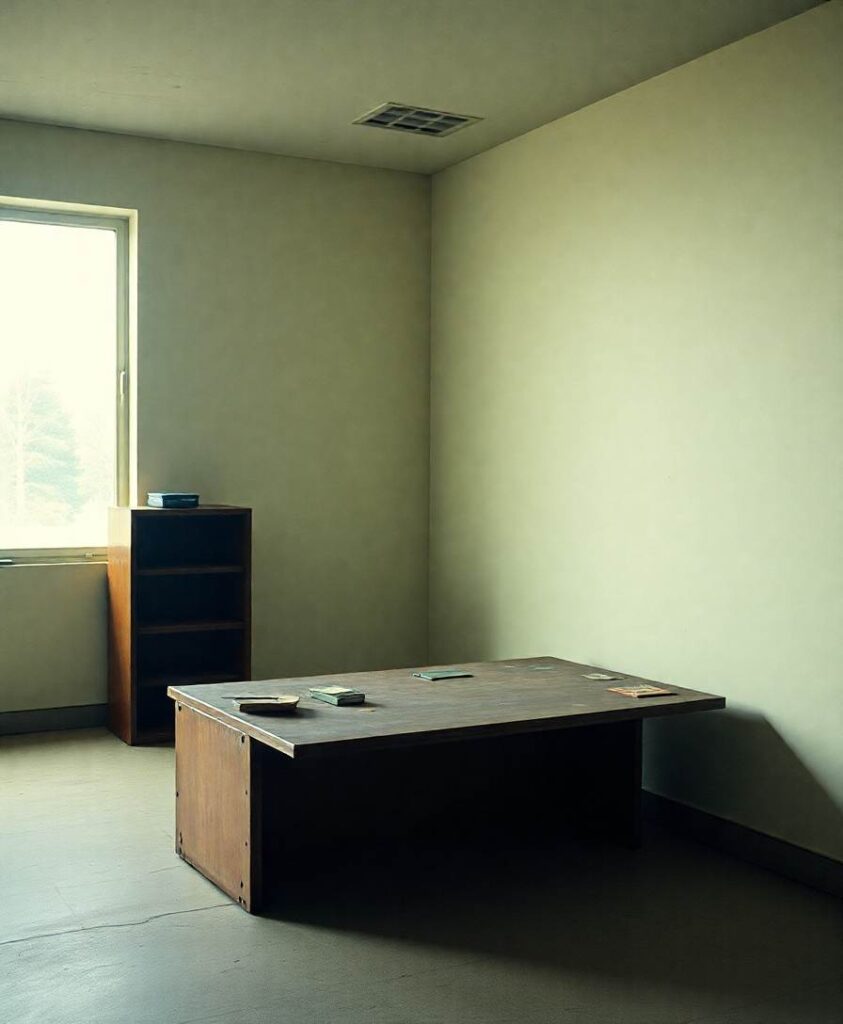The literature has established that the capability of visuomotor adaptation decreases with aging. However, the underlying mechanisms of this decline are yet to be fully understood. The current study addressed this issue by examining how aging affected visuomotor adaptation in a continuous manual tracking task with delayed visual feedback. To distinguish separate contributions of the declined capability of motor anticipation and deterioration of motor execution to this age-related decline, we recorded and analyzed participants’ manual tracking performances and their eye movements during tracking. Twenty-nine older people and twenty-three young adults (control group) participated in this experiment. The results showed that the age-related decline of visuomotor adaptation was strongly linked to degraded performance in predictive pursuit eye movement, indicating that declined capability motor anticipation with aging had critical influences on the age-related decline of visuomotor adaptation. Additionally, deterioration of motor execution, measured by random error after controlling for the lag between target and cursor, was found to have an independent contribution to the decline of visuomotor adaptation. Taking these findings together, we see a picture that the age-related decline of visuomotor adaptation is a joint effect of the declined capability of motor anticipation and the deterioration of motor execution with aging.



